Sumac (سماق)
Sumac is a tangy and sour spice made from the dried berries of the sumac plant. It is commonly used in Middle Eastern and Mediterranean cuisines for its vibrant red color and distinctive tart flavor. Sumac enhances the taste of dishes like salads, meats, and rice. It also has potential health benefits, including antioxidant properties and digestive support.
Substitutes
Lemon zest or tamarind can be used as substitutes for Sumac, though they may offer a slightly different flavor profile.
Taste
Sumac has a sour, tangy flavor with a slight citrus undertone. It adds brightness and depth to dishes.
Benefits of Sumac
- Rich in antioxidants
- Supports digestive health
- May help lower blood sugar levels
- Anti-inflammatory properties
- Good source of vitamin C
- May improve heart health
Uses of Sumac
- Sprinkle over salads for a tangy kick
- Season meats, especially grilled or roasted dishes
- Mix into rice or couscous for flavor
- Add to dips like hummus and baba ganoush
- Use in marinades and sauces
Nutrition Facts
| Nutrient | Per 100g |
|---|---|
| Calories | 313 kcal |
| Carbohydrates | 77.2 g |
| Protein | 3.6 g |
| Fat | 3.5 g |
| Fiber | 33 g |
Frequently Asked Questions
What are the health benefits of Sumac?
Sumac is rich in antioxidants and vitamin C, supporting immune health and providing anti-inflammatory and digestive benefits.
Can Sumac be used in cooking?
Yes, Sumac is widely used to season meats, rice, salads, and dips in Middle Eastern and Mediterranean cuisines.
Is Sumac safe to consume regularly?
In moderation, Sumac is generally safe for most people. However, individuals with certain allergies or conditions should consult their healthcare provider.
How does Sumac support digestion?
Sumac has compounds that may help improve digestion and reduce symptoms of indigestion and bloating.
Can Sumac be used as a substitute for lemon?
Yes, Sumac can provide a similar tangy flavor to lemon, especially in savory dishes like salads and meats.

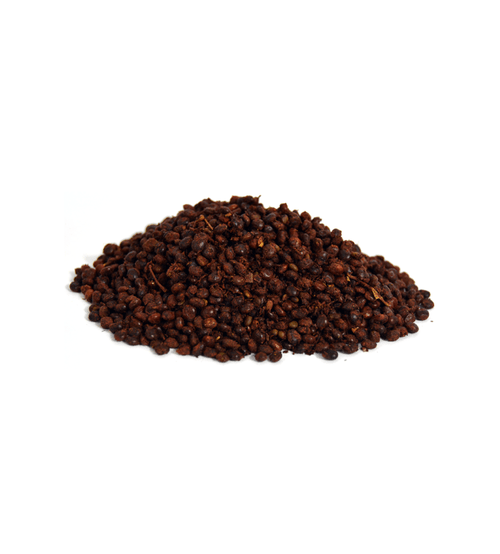
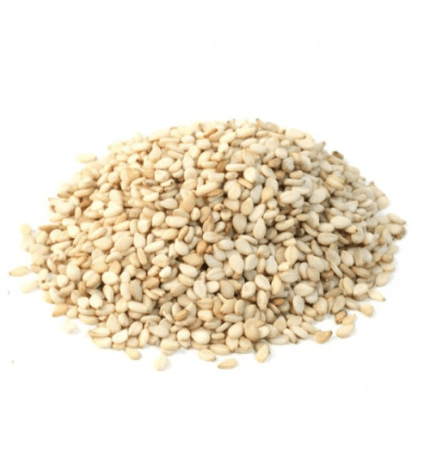



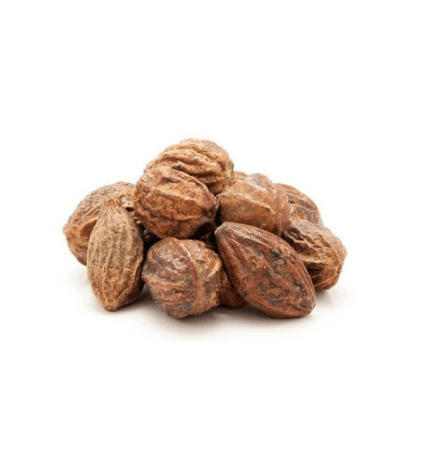

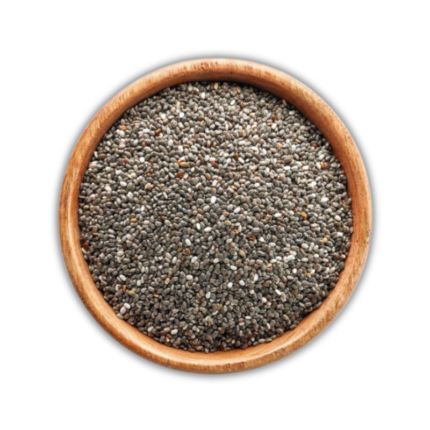
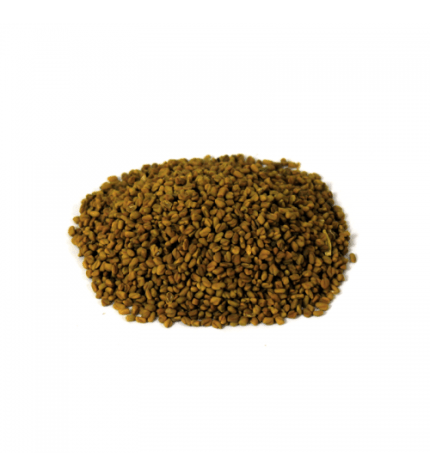
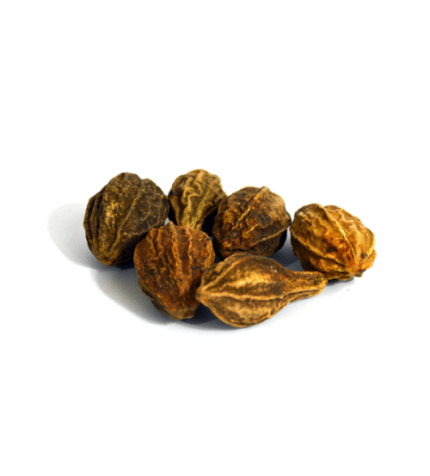
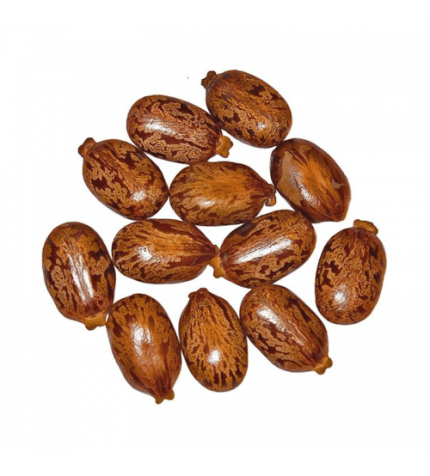
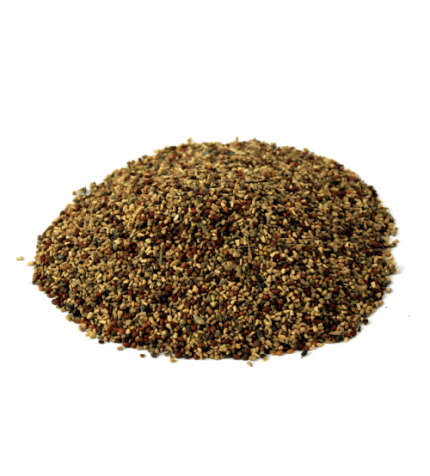
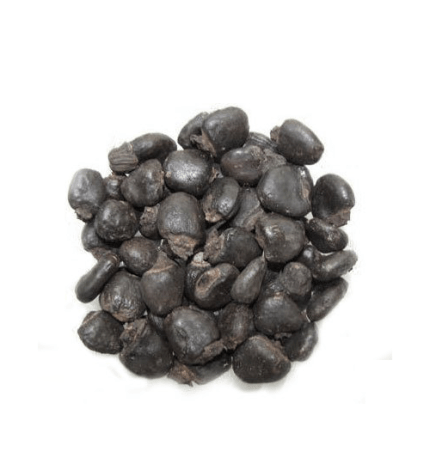
Reviews
There are no reviews yet.